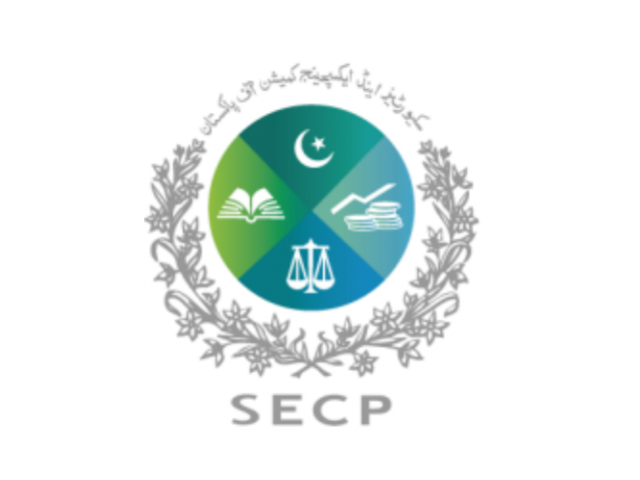The Securities and Exchange Commission of Pakistan (SECP) Chairman Zafar Hijazi has pointed out that an increase in in-house badla financing was leading to the creation of a bubble-like situation in the market which would have put a serious setback to the stock market had there been no crackdown on the iilegal activity. He stressed that no one will be allowed to influence the regulator, while briefing the Senate Standing Committee on Finance.
The Standing Committee had called upon the Chairman regarding the charges that Hijazi and other senior officials had forced stock brokers to offload certain stocks. Hijazi denied all such claims saying that he had made no such contact with the brokers. He also revealed that certain influential brokers having close association with the ministry of finance had been able to influence the regulating body in the past but this has not been possible for the last two years or so. He also stated that officials do not interfere with the running of the Pakistan stock exchange (PSX) and the regulators have only been involved in checking irregularities in the capital market as per the law.
The committee, chaired by Senator Saleem Mandviwala was informed that as many as 24 senior brokers had been found practising illegal in-house badla financing. Hijazi also pointed out that they had been found guilty during the recent crackdown initiated by the SECP.
The SECP chairman pointed out that international bodies will be conducting anti-money laundering (AML) assessment in 2018 and that great stress is being laid to bring the operations of the bourse in line with international standards by putting a complete stop to the use of black money and illegal financing.




